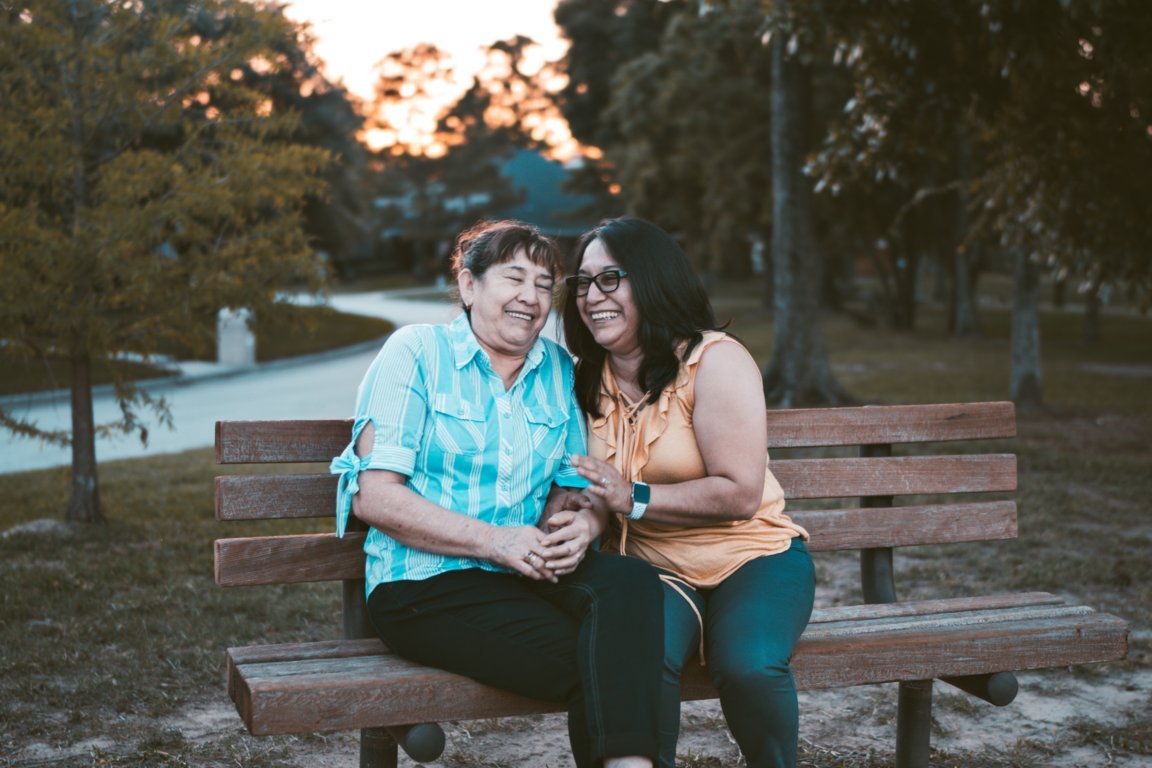Understanding Codependency
Overly Invested
‘Co-dependent’, it’s a term most of us have heard but perhaps don’t completely understand. Co-dependency can be understood as being overly invested in the decisions, feelings, circumstances, and outcomes of the people in your life, to the detriment of your own wellbeing. Initially co-dependency was believed to be an aspect of enabling behaviours associated with substance addiction. Now we know that co-dependent behaviours can be present in any kind of relationship including parent and child, sibling, friendship, intimate relationships and professional work relationships.

Another common assumption is that co-dependence is associated with weakness and dependence but in fact many people exhibiting co-dependent tendencies are strong and capable. The term ‘high functioning co-dependent’ has recently emerged to more aptly describe the co-dependent that is the fixer, the rescuer, the host, the organiser, the one everyone turns to for help while simultaneously running their own lives efficiently.
Weak Boundaries
Some of the symptoms of co-dependence include weak boundaries, difficulty communicating feeling and needs, people pleasing, a heightened sense of responsibility for others, hyper vigilance to other people’s emotions, prioritising the problems of others, fear of abandonment, focusing on what other people are thinking and a desire to control people and outcomes.
What can be confusing is that these behaviours are experienced by many as positive. Furthermore, the co-dependent person may gain some pleasure and a sense of worthiness from people-pleasing behaviours, believing that this makes them good and kind. On reflection, rather than being entirely altruistic, these behaviours can be an attempt to control situations and others perceptions and eventually lead to burnout and resentment.
Healthy Helping
Sometimes when we have a history of people pleasing and self-abandonment it can be difficult to discern healthy helping as opposed to unhealthy helping, and we certainly don’t need to be mean or uncaring to reduce co-dependent behaviours. Building self-awareness, self-knowledge and self-compassion is often the first step.
Counselling can be supportive in identifying co-dependent behaviours, understanding how and why those patterns may have developed and exploring ways of healing the relationship with the self by tuning into one’s own values and needs and implementing healthy boundaries. You can read more about boundaries in our previous post here
By Penny Lucas
Contact us to find out more or book an appointment with Penny.
E: counsellor@tranquilloplace.com
Tranquillo Place: Anxiety | Grief | Trauma Recovery
We offer private services in our beautiful tranquil room in Mona Vale, Northern Beaches Sydney and online using secure, encrypted Zoom.
Specialists in anxiety, grief & loss, trauma recovery and healing. We offer online courses & training, workshops, and trauma aware practitioner support group.
Talk to us. We would like to hear what’s happening in your life and help you find the right support.
Book a Discovery Call Subscribe For More



